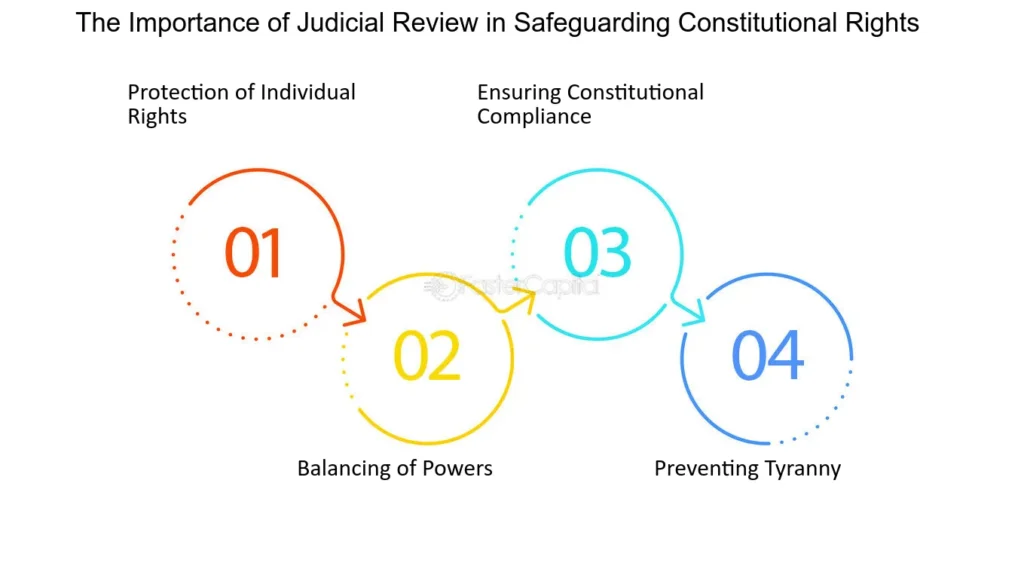The Supreme Court is the highest judicial authority in many countries, serving as the final arbiter of legal disputes and the ultimate guardian of constitutional law. It ensures that justice is upheld, laws are interpreted fairly, and the rights of citizens are protected.
What is the Supreme Court?
The Supreme Court is the apex court in the judicial hierarchy, with the authority to review decisions made by lower courts. It typically has the power of judicial review, meaning it can strike down laws or executive actions that are unconstitutional.

Role and Functions of the Supreme Court
- Constitutional Guardian – It interprets the constitution and ensures that laws comply with constitutional principles.
- Protector of Rights – Safeguards the fundamental rights and freedoms of citizens.
- Judicial Review – Reviews legislation and government actions to maintain checks and balances.
- Final Court of Appeal – Decisions of the Supreme Court are binding on all other courts.
- Precedent Setting – Its rulings set legal precedents that guide future cases.
Importance of the Supreme Court
The Supreme Court plays a vital role in maintaining democracy, equality, and justice. By holding governments accountable and protecting individual liberties, it ensures that the rule of law prevails over the misuse of power.
Supreme Court Around the World
- United States Supreme Court – Established in 1789, it is the highest court in the U.S. with nine justices.
- Supreme Court of India – The guardian of the Indian Constitution, based in New Delhi.
- UK Supreme Court – The final court of appeal in civil and criminal cases across the United Kingdom.
- Other Nations – Countries like Canada, Pakistan, and Australia also have their own Supreme Courts serving as judicial authorities.
Why the Supreme Court Matters
The Supreme Court ensures justice, equality, and fairness. Its rulings impact not just individual cases but also shape society, politics, and governance. From civil rights to social justice, its decisions often set the course of history.
